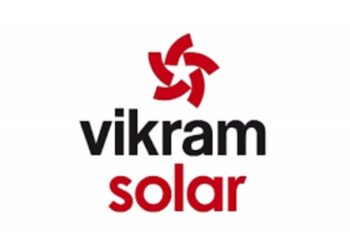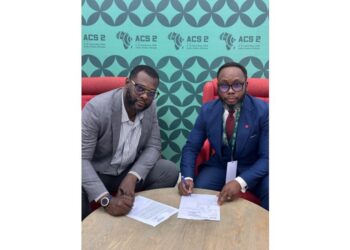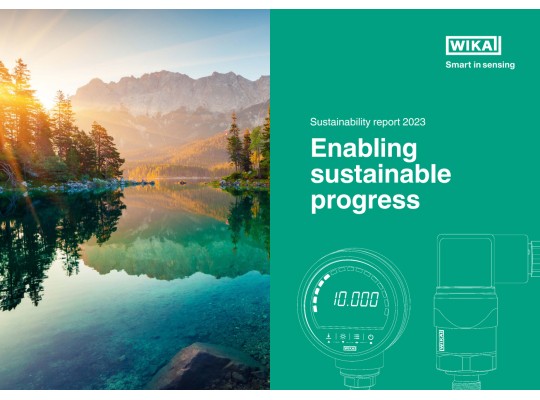Steel solar panel frame producer Origami Solar has secured a fully American supply chain, including working with three U.S. steel fabricators.
The three partnerships – with Welser Profile of Valley City, Ohio; Priefert, of Mt. Pleasant, Texas; and Unimacts of Houston, Texas – will enable Origami to ship steel solar frames to customers in the first quarter of 2025. This domestic supply chain also means that frames can get from the fabricator to the module manufacturer in one to two days. As steel solar frames withstand greater module load levels and have 90% less embodied carbon than comparable aluminum frames, solar industry professionals and environmentalists alike have reason for excitement.
“America has one of the world’s strongest steel industries,” said Origami Solar CEO Gregg Patterson. “We have the energy efficient steel mills and the world-class fabricators that can produce every solar frame America will ever need. Thanks to our newly-announced partnerships and all-domestic supply chain, there is simply no reason for the solar industry to accept the enormous risk that comes with imported aluminum frames. They should not have to accept shipping issues, labor strife, or impoundments delaying the arrival of the frames they need. They should not have to accept the possibility that geopolitical tensions could shut off the frame supply entirely. They should not have to accept the risk of ever-increasing tariffs or that weaker aluminum frames would fail to support ever-larger solar panels. Now, the solar industry can avoid that risk entirely.”
The U.S. aluminum industry is vital, but it would be difficult to use it to reduce risk in the solar supply chain, Origami says. Given the intense demand for lightweight metals like aluminum for equipment central to U.S. national security, using valuable yet limited aluminum resources for products like solar module frames that can be made from alternatives – particularly when those alternatives are better suited to supporting and protecting solar panels – is not a sound strategy.
Switching to steel frames made in the United States, however, creates good-paying American jobs while producing an empirically superior product, as rigorous testing shows that steel frames can comfortably surpass International Electrotechnical Commission (IEC) and Underwriters Laboratories (UL) standards and deliver improvements to module strength.
Origami’s newly announced partners share Patterson’s excitement. “Priefert has long prided itself for creating the high-end steel-based equipment American businesses need and for providing good-paying jobs for American workers,” said Rocky Christenberry, Priefert’s Executive Vice President. “Fabricating Origami’s steel solar frames helps us keep doing both. Indeed, thanks to our partnership with Origami, we were able to expand our investments in the solar industry, keep our Benton, Arkansas facility open, keep our current employees hard at work and expand to up to 70 additional skilled workers over the next three years. This partnership demonstrates American innovation at its finest.”
Unimacts Founder Matthew Arnold agreed. “The American solar industry understands that a domestic supply chain for steel solar frames dramatically reduces risk to companies and to the industry writ large. The steel frames we send from Houston to any production facility in the lower 48 states will never get stuck in customs or be forced to wait in line at a port; they can go from our facility to a module manufacturer in just a day. ‘Always on’ module manufacturers will not have to pause operations for a lack of solar frames. What’s more, given steel solar frames’ extensive testing for both structural integrity and corrosion resistance, solar project developers need not worry about frames failing. We’re ready and eager to start producing these frames at scale and helping the solar industry reap the benefits.”
Welser Profile CEO Thomas Welser also saw the opportunity to do a real service for the U.S. solar industry. “Welser Profile has worked with high strength steel for over 350 years, and the company has been in our family for 11 generations. We understand how to shape high-strength steel to create uniquely durable, functional, and reliable equipment, and our partnership included working with Origami’s engineers to optimize their compelling steel frame design for the “always on” module manufacturing model. It was no surprise to us that Origami’s frames performed exceptionally well in rigorous testing, and we are eager to bring that performance to bear for the American solar industry.”













